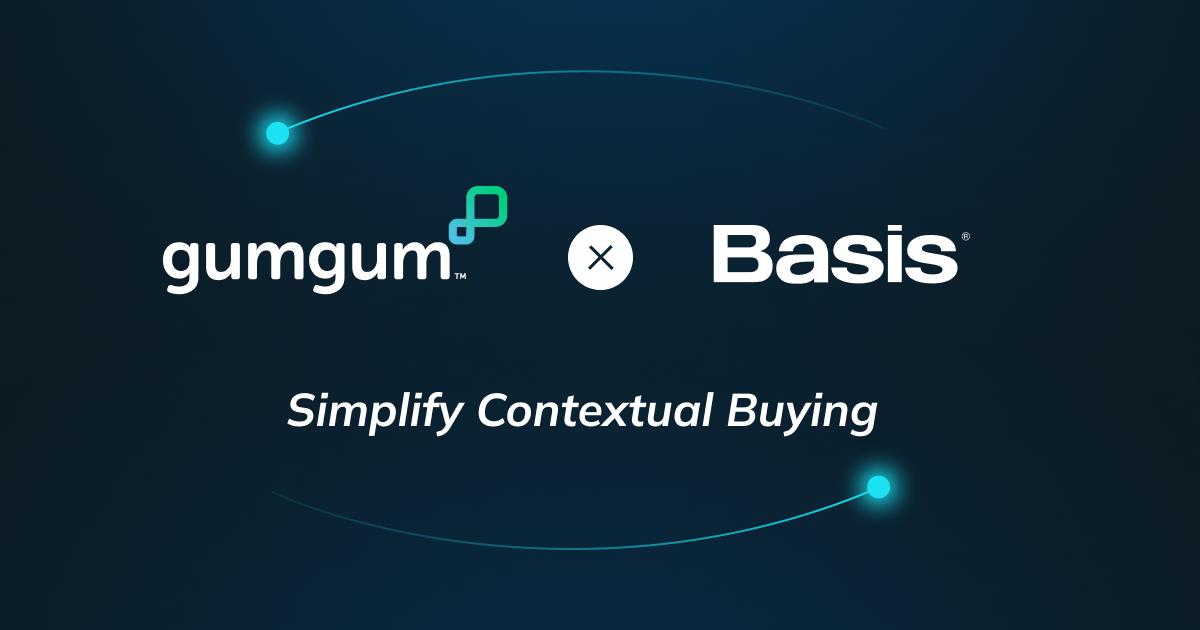Oracle's decision to exit the advertising business marks a significant shift in the digital advertising landscape. The company announced the sunset of its adtech operations by September 30, 2024, after experiencing a precipitous drop in advertising revenue from $2 billion in 2022 to $300 million in 2024. This move underscores the profound impact of data deprecation, increased data privacy laws, and the deprecation of third-party cookies on adtech companies. Oracle's struggle with GDPR compliance, the loss of third-party data partnerships, and the challenges of maintaining consumer trust were pivotal in this decision (Forrester).
The Impact on Advertisers
The question on everyone’s mind is: how is this going to impact advertisers? Oracle advertising's exit removes a key player from the adtech ecosystem, potentially leading to a reshuffling of market dynamics. Advertisers who relied on Oracle's data management platforms (DMPs) will need to seek alternatives. Plus, the shift away from DMPs to customer data platforms (CDPs), as seen with competitors like Adobe and Salesforce, will likely accelerate. These platforms offer more robust solutions for managing first-party data and ensuring compliance with privacy regulations, making them more attractive to advertisers in the current regulatory climate.
Oracle Advertising closing down also highlights the broader trend of consolidation in the adtech industry. This consolidation can result in fewer choices for advertisers but may also lead to more integrated and efficient solutions as larger players expand their capabilities. Advertisers will need to stay agile, continuously adapting their strategies and technologies to align with these industry shifts.
Advertisers will also benefit from building direct relationships with consumers and leveraging first-party data. This shift not only enhances compliance with privacy laws but also provides more accurate and valuable insights into consumer behavior. As the industry adapts, those who can effectively harness first-party data and innovate within the constraints of new regulations will emerge as leaders.
Furthermore, Oracle's exit underscores the importance of transparency and consumer trust in digital advertising. The backlash against companies perceived as mishandling consumer data has grown, and businesses must prioritize ethical data practices. Building transparent data policies and ensuring consumer consent are no longer optional but essential for long-term success.
It’s Time for a Transition

For advertisers, the transition period will involve re-evaluating their technology stacks and potentially migrating to new platforms. This process can be complex and resource-intensive, but it also offers an opportunity to enhance their data strategies and improve marketing effectiveness. By leveraging innovative new solutions such as advanced contextual and CTV and integrating them with other marketing technologies, advertisers can achieve a more holistic view of their customers and deliver more personalized and impactful campaigns.
Move Forward from Oracle Advertising with GumGum

As reliance on identity-based targeting diminishes, brands and agencies that lean into alternative, privacy-forward technology like advanced contextual will be the most successful. Oracle exiting the ad business presents a critical moment for advertisers to evaluate and embrace the burgeoning technologies that are setting new benchmarks in advertising efficacy and precision.
GumGum is here to help former clients who activated with legacy Grapeshot technology, Oracle Contextual Intelligence. Our advanced contextual intelligence platform, Verity™, can help brands drive their desired outcomes with a seamless transition.
For advertisers migrating from Oracle, Verity™ is a proven and precise targeting solution that delivers results and outcomes at scale. Verity™ provides immediate activation with off-the-shelf and custom pre-bid contextual segments to quickly activate campaigns that are more memorable, accurate, and cost efficient.
GumGum is also committed to helping publishers migrating from Oracle Contextual Intelligence. With Verity™, publishers are able to unlock revenue and command premium pricing for ad placements in relevant and safe content – without unnecessary keyword blocking. Verity™ insights and data can also power a publisher’s in-house solution or supplement a publisher’s solution with more detailed content classification results.
With Verity™, you can:
- Leverage advanced contextual targeting off the shelf in your DSP, seamlessly using the IAB’s Content Taxonomy
- Choose from curated segments for seasonal and cultural events and personas, in addition to positive DEI news to reach key audiences
- Create custom segments to target keywords, context, and brand safety
It’s super simple - please fill out this migration form and our customer success team will take care of the rest.
The Broader Implications for Our Industry
The broader implications for the tech industry include a potential increase in regulatory scrutiny. As privacy concerns continue to dominate the public discourse, tech companies must be prepared for more stringent regulations and higher expectations from consumers and regulators alike. Proactively addressing these issues and demonstrating a commitment to ethical data use will be crucial for maintaining competitive advantage and customer loyalty.
Takeaways
In summary, Oracle's decision to exit from the advertising business signifies a major shift in the digital advertising ecosystem, driven by regulatory pressures and evolving market dynamics. Advertisers must navigate this transition by adopting more robust and privacy-compliant technologies, while the industry as a whole moves towards greater transparency and consumer trust.










